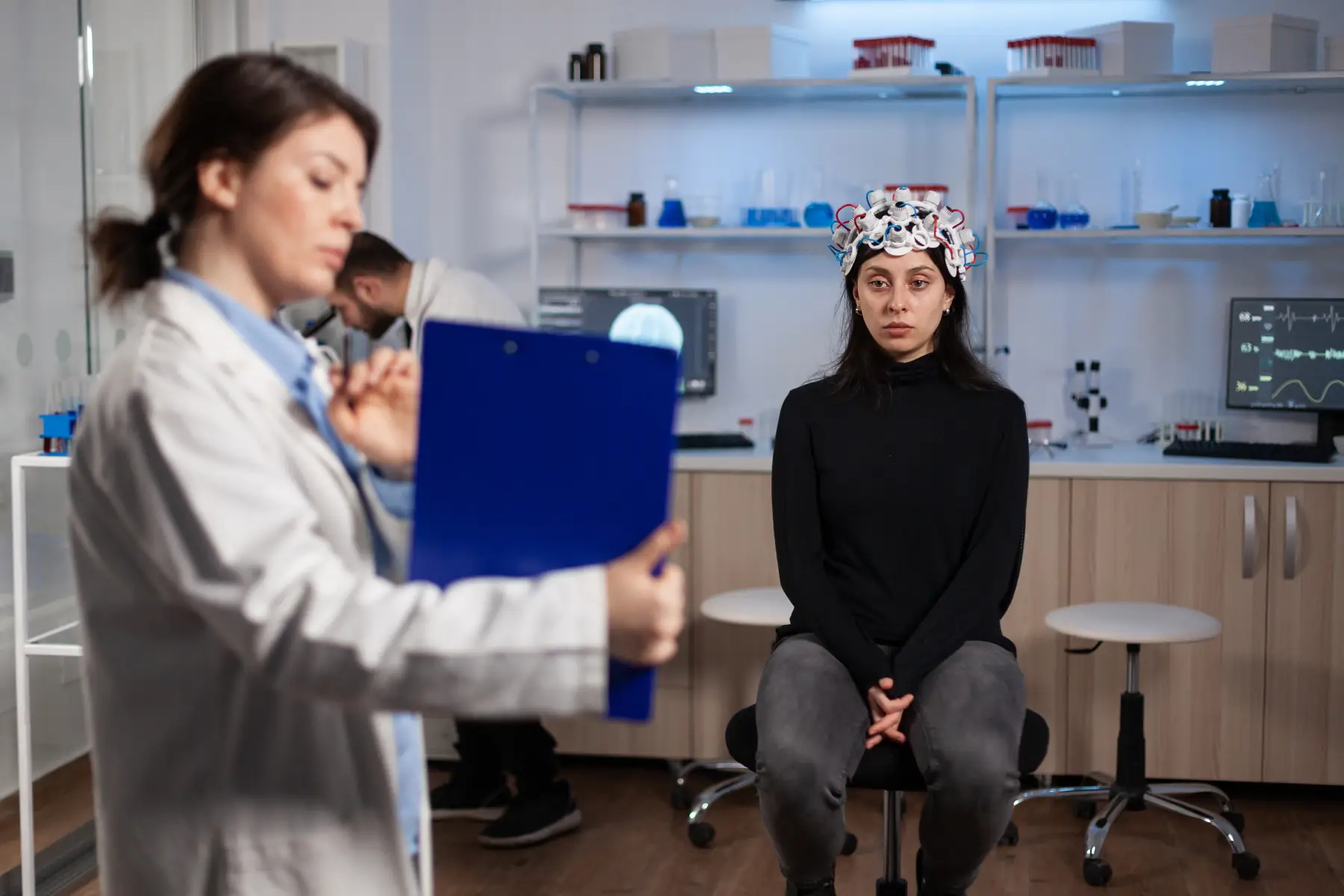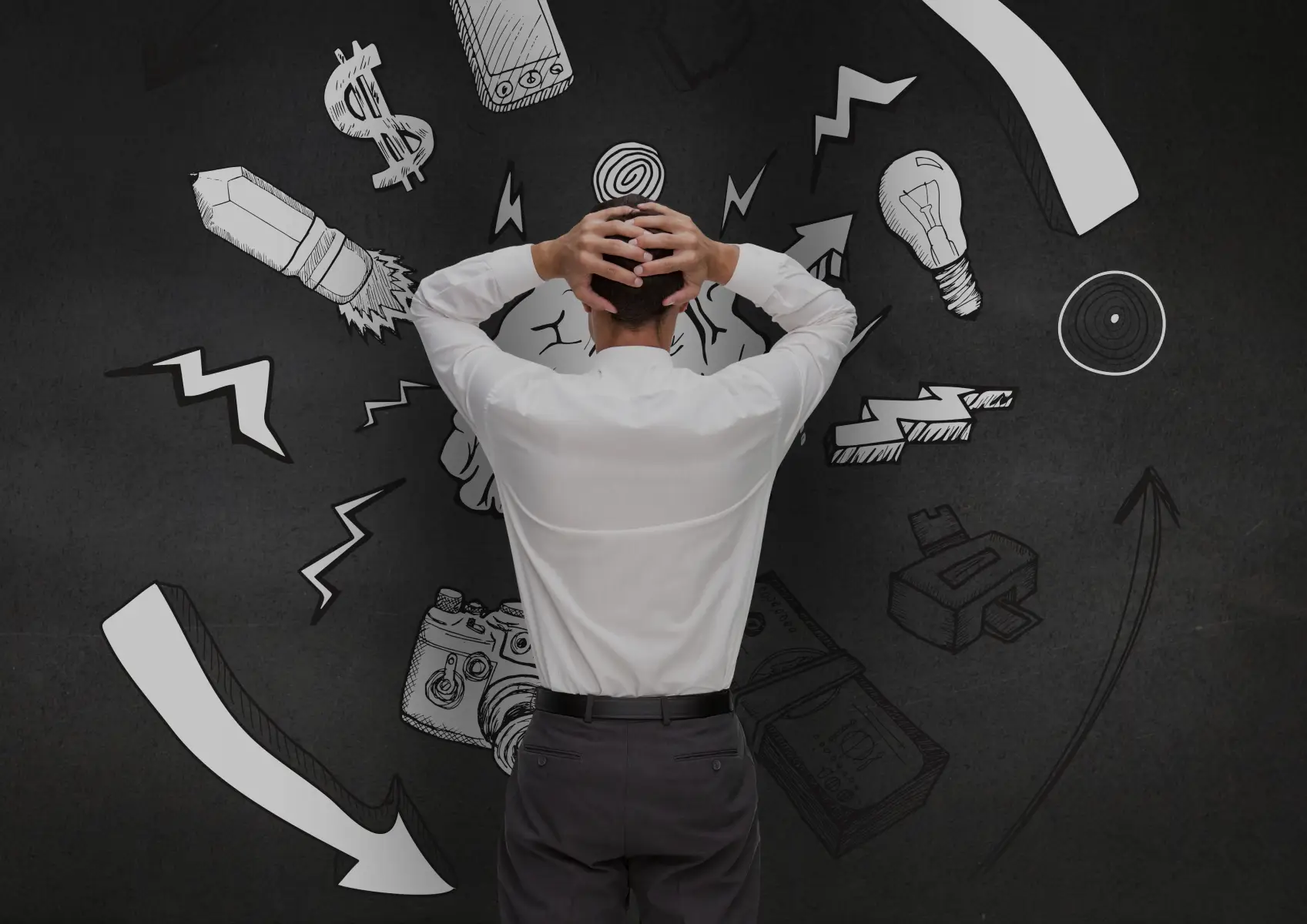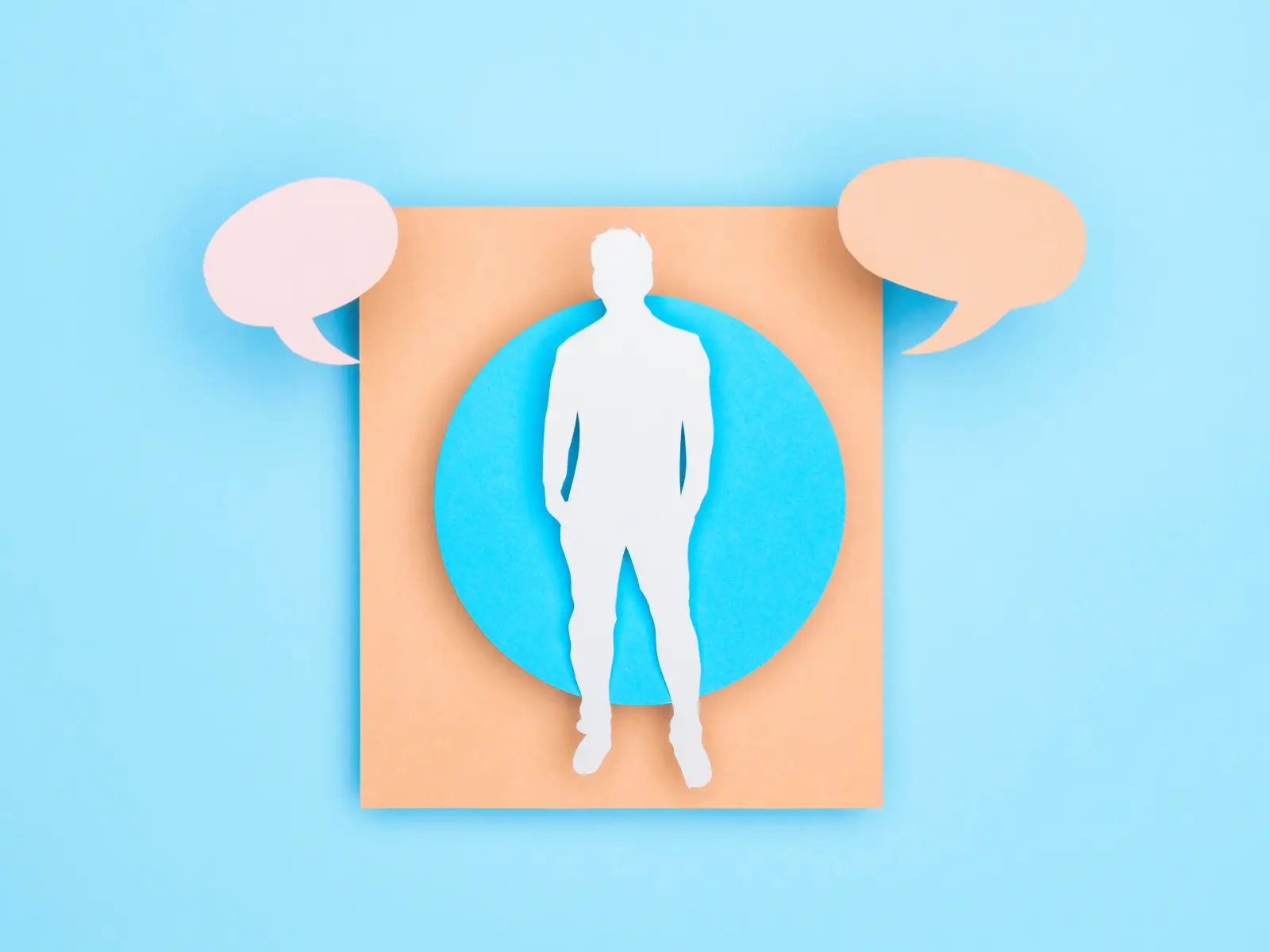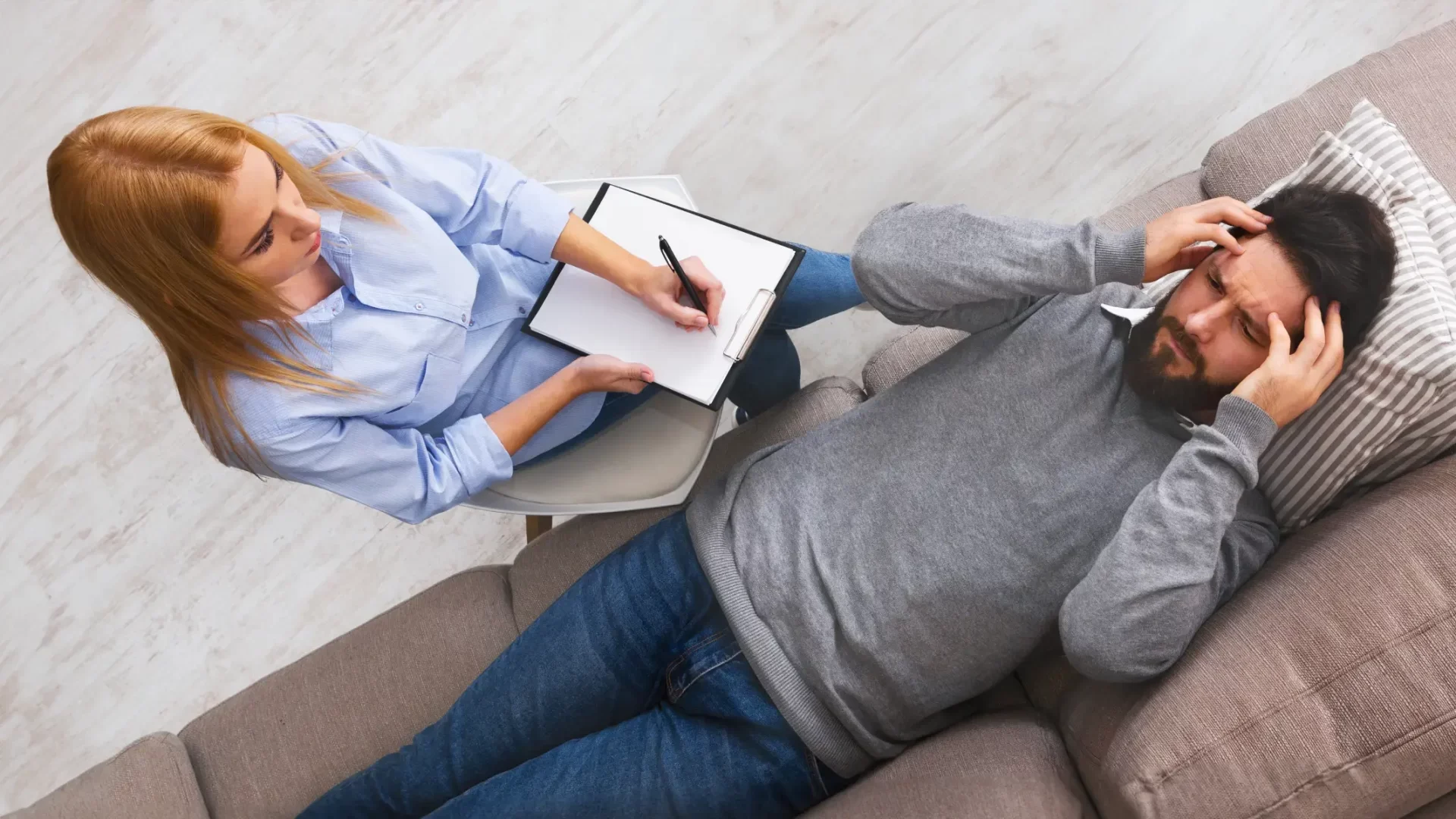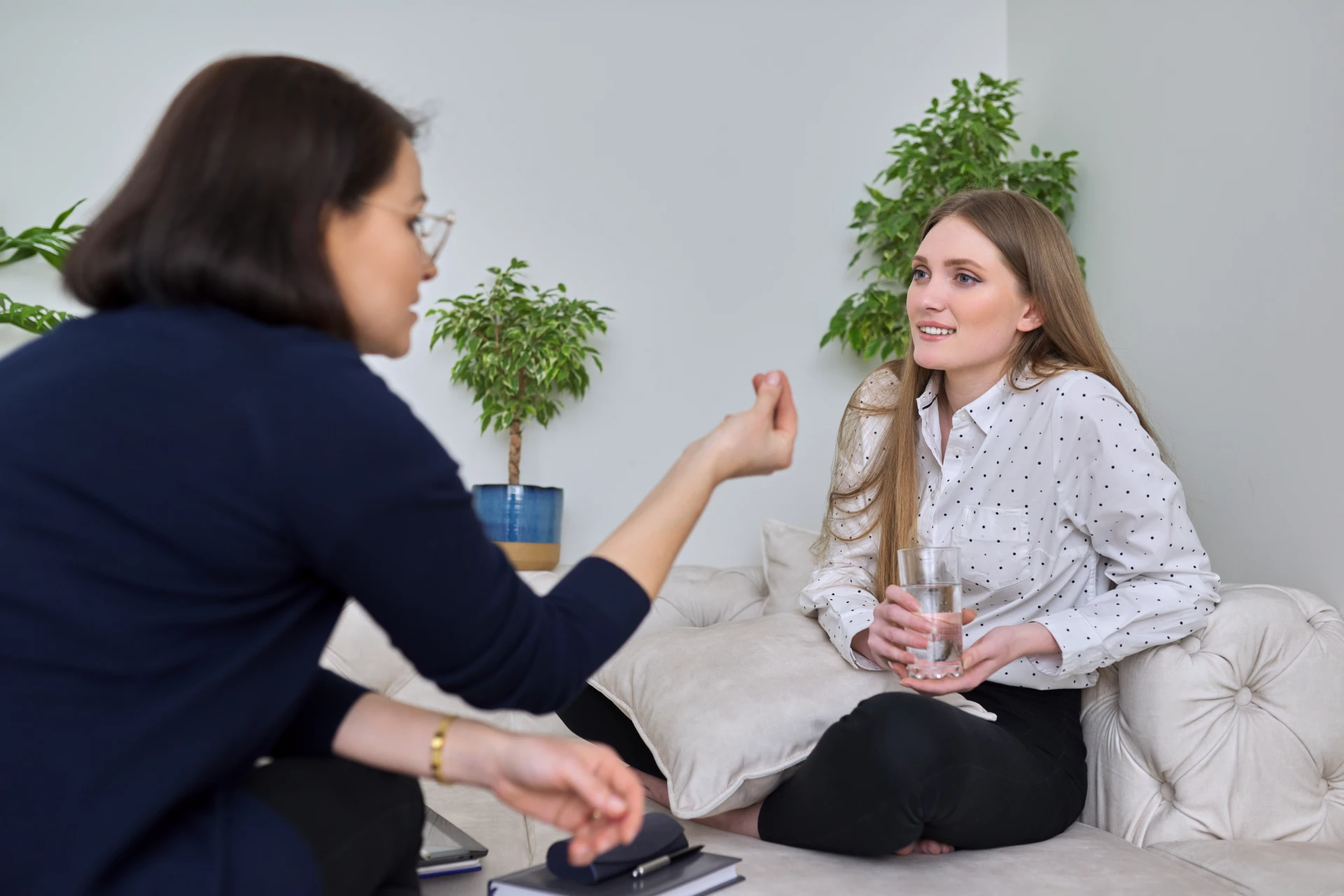Introduction to Treatment
Depression is one of the most common mental health disorders, affecting millions of people worldwide. It impacts not only emotional well-being but also physical health, relationships, and everyday life. While depression can feel overwhelming, it’s important to remember that treatment methods are available, effective, and tailored to individual needs.
Recovering from depression is a journey, but with the right combination of therapy, medication, and lifestyle adjustments, individuals can regain their sense of control and purpose. This whitepaper explores depression treatment options, including psychotherapy, the role of medication, and how lifestyle changes can contribute to recovery. Whether you are experiencing depression or supporting a loved one, understanding these approaches is crucial to accessing the best mental health support.
Psychotherapy Approaches
Psychotherapy is often one of the primary treatments for depression. It provides a safe space to explore emotions, behaviours, and thought patterns that contribute to the condition. Below are some of the most effective methods of psychotherapy for depression:
1. Cognitive Behavioural Therapy (CBT)
CBT is widely regarded as one of the most effective therapies for depression. This structured, short-term approach focuses on identifying and challenging negative thought patterns that exacerbate depression.
- How CBT Works: Depression often involves distorted thinking, such as catastrophising or overgeneralising. CBT helps individuals recognise these patterns and replace them with healthier, more realistic ones.
- Effectiveness of CBT: Research has shown that CBT can reduce the symptoms of mild to moderate depression and has long-lasting benefits, even after therapy is completed.
2. Interpersonal Therapy (IPT)
IPT is designed to improve personal relationships that may contribute to or exacerbate depression. This therapy recognises that unresolved conflicts, social isolation, or communication breakdowns can have a significant impact on mental health.
- How IPT Works: By addressing interpersonal issues, such as grief, role transitions, or disputes, IPT helps individuals develop healthier, more supportive relationships.
- Who Benefits from IPT: Particularly effective for those whose depressive symptoms arise or worsen during times of relational difficulty.
3. Psychodynamic Therapy
Psychodynamic therapy helps individuals delve into past experiences and unconscious thoughts to understand their influence on present behaviour and emotions. While it’s a longer-term therapy, it can be highly effective for individuals with chronic depression.
- How Psychodynamic Therapy Works: It focuses on unresolved internal conflicts or suppressed emotions and helps individuals gain insight into how these affect their mental health.
- Why Choose This Therapy?: Often recommended for individuals with persistent or treatment-resistant depression.
4. Online or Group Therapy
Modern therapy options include online platforms that provide cognitive or interpersonal therapy digitally. Group therapy is also effective for those looking to connect with others who share similar experiences, fostering a sense of community and shared understanding.
Psychotherapy forms the backbone of depression treatment, and many individuals find significant relief by working with a qualified therapist over time.
Medication and Its Role
Medication for depression is commonly prescribed, especially for moderate to severe depression, or when psychotherapy alone is insufficient to alleviate symptoms. Antidepressants can restore balance to brain chemicals, such as serotonin and dopamine, that regulate mood and emotions.
1. Types of Medications for Depression
- Selective Serotonin Reuptake Inhibitors (SSRIs): Examples include sertraline or fluoxetine. SSRIs are among the most commonly prescribed antidepressants due to their efficacy and relatively low risk of side effects.
- Serotonin-Norepinephrine Reuptake Inhibitors (SNRIs): Medications like venlafaxine act on both serotonin and norepinephrine, improving symptoms for those who may not respond to SSRIs.
- Tricyclic Antidepressants (TCAs): An older type of antidepressant, TCAs are effective but often reserved for severe cases due to potential side effects.
- Atypical Antidepressants: Medications such as bupropion or mirtazapine work differently from SSRIs or SNRIs but are equally effective for certain individuals.
2. When is Medication Appropriate?
- It can provide significant relief for those with severe depression who are struggling to function.
- Medication is often recommended when therapy alone does not help or is not feasible.
- Individuals with physical symptoms such as insomnia, poor appetite, or debilitating fatigue may also benefit.
3. Combined Treatment: Therapy and Medication
Many healthcare providers recommend a combined approach of psychotherapy and medication for maximum effectiveness. Medication addresses the biological aspects of depression, while therapy works on emotional and behavioural adjustments.
It’s important to note that antidepressants typically take several weeks to show noticeable improvements, and individuals should always consult a mental health professional before starting or discontinuing medication.
Lifestyle Changes for Recovery
Beyond therapy and medication, everyday lifestyle choices play a vital role in managing depression. Small changes to routines, habits, and environments can positively impact mental health and complement other treatments.
1. Balancing Diet and Nutrition
What we eat can have a profound effect on mood and energy levels.
- Foods to Prioritise:
- Omega-3 fatty acids (found in salmon, walnuts, and flaxseed) help stabilise mood.
- Leafy greens and whole grains are high in folate and B vitamins, which support brain function.
- Probiotic-rich foods like yoghurt or fermented vegetables improve gut health, which is linked to mood regulation.
- Foods to Avoid:
- High levels of sugar, caffeine, and processed foods can worsen fluctuations in energy and mood.
2. Physical Activity to Boost Endorphins
Exercise is one of the most effective lifestyle changes for depression treatment. Regular physical activity releases endorphins, reduces stress hormones, and improves self-confidence.
- Activities like walking, cycling, swimming, or yoga are excellent for both beginners and individuals with limited energy.
- Research suggests that even 20–30 minutes of light exercise per day can have a significant effect.
3. Establishing a Sleep Routine
Sleep disturbances are a common symptom of depression, but improving sleep hygiene can aid recovery:
- Create regular sleep and wake-up times to regulate the body’s natural rhythm.
- Reduce blue light exposure (phones, laptops) an hour before bed.
- Experiment with calming techniques, like breathing exercises or guided meditations, to relax before sleep.
4. Mindfulness and Stress Reduction
Practising mindfulness can help individuals focus on the present moment, reducing feelings of overwhelm and rumination.
- Meditation: Apps like Calm or Headspace offer guided meditations specifically for depression or anxiety.
- Journaling: Writing down thoughts and emotions can help clarify feelings and reduce stress.
- Breathing Exercises: Simple techniques, such as box breathing, can lower cortisol levels (the stress hormone) and promote relaxation.
5. Building a Support Network
Social isolation worsens depression, so reaching out to supportive friends, family, or colleagues is essential. Joining local or online mental health support groups can also provide a sense of connection and shared understanding.
Conclusion
Effectively treating depression requires a tailored, holistic approach that often combines psychotherapy, medication, and lifestyle adjustments. By understanding the various depression treatment options, individuals and their support networks can make informed decisions that lead to sustainable recovery.
Psychotherapy offers tools to work through negative thought patterns, while medication can target biological imbalances. Simultaneously, lifestyle changes like healthier eating, exercise, proper sleep, and mindfulness can improve long-term well-being.
For anyone struggling with depression, seeking help early is key. Mental health support from professionals, friends, and family often provides the foundation for meaningful and sustainable recovery. Remember, depression is treatable, and a brighter future is always within reach with the right combination of support, care, and treatment.
